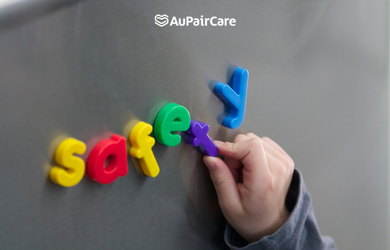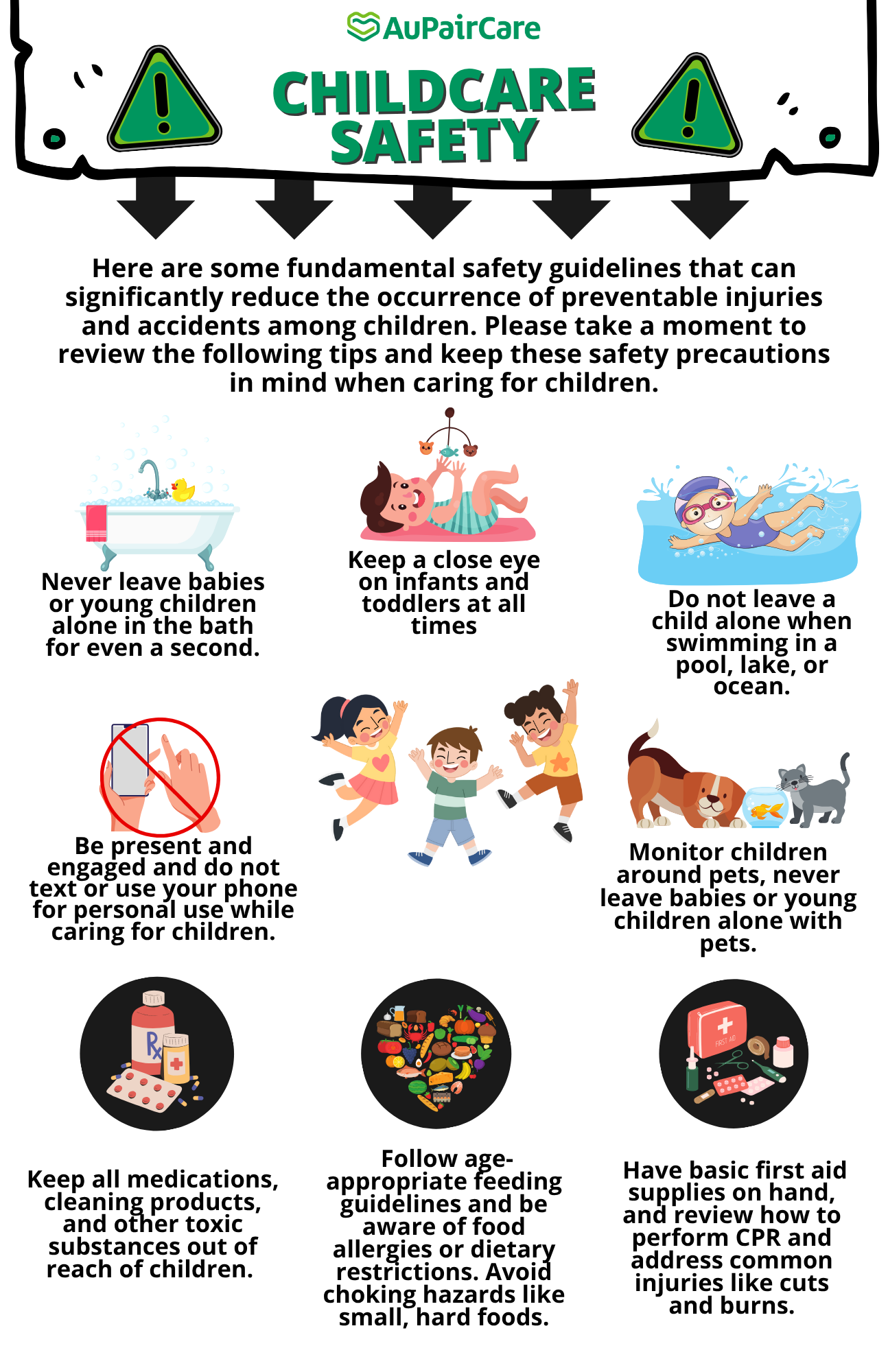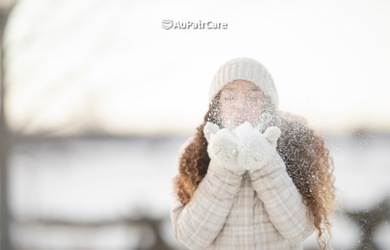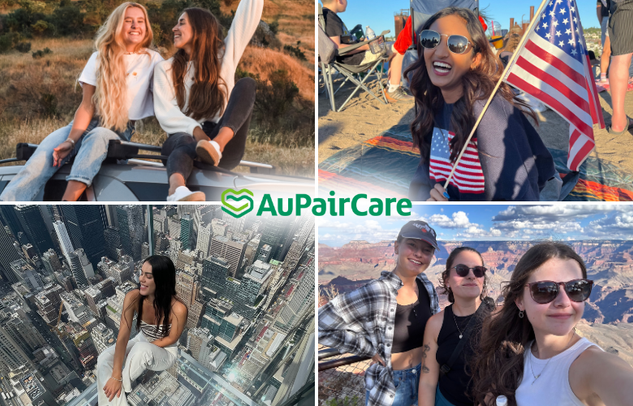Childcare Safety Tips Every Au Pair Should Know

Caring for children is one of the most rewarding responsibilities you can have as an au pair. But it’s also one of the most important when it comes to safety. Children, especially babies and toddlers, require constant supervision and a proactive approach to prevent accidents and injuries.
At AuPairCare, we want to make sure every au pair is equipped with the knowledge and tools to provide the safest environment possible. Whether you’re new to childcare or just need a refresher, these essential safety tips can help reduce preventable injuries and promote peace of mind for you and your host family.
1. Never leave babies or young children alone in the bath
Drowning can happen in seconds! Even in just a few inches of water. According to the CDC, drowning is a leading cause of death in children aged 1 to 4. Never leave a child unattended in the bath, not even for a moment. If you need to step away, always take the child with you. Keep in mind that bathwater should be no warmer than 100 degrees Fahrenheit (about 38 degrees Celsius).
Learn more about bathroom safety from the American Academy of Pediatrics (AAP).
2. Always keep an eye on infants and toddlers
Toddlers and infants are curious and unaware of danger, so close supervision is essential. Most injuries occur at home during everyday routines. Whether a child is crawling near stairs or grabbing small objects, accidents can happen in seconds. Supervision means more than being nearby; it requires staying alert and close enough to act quickly, especially around changing tables, highchairs, or unfamiliar areas.
Quick Active Supervision Tips for Infants & Toddlers
- Stay Close - Always be within arm's reach, especially during bath time or play.
- Limit Distractions - Avoid using your phone or multitasking while supervising.
- Keep Eyes Moving - Scan the area often to maintain a clear view of the children.
- Set Up Safe Spaces - Use baby gates and secure furniture to create hazard- free zones.
- Clarify Who's Watching - If other adults are around, make sure someone is always "on duty".
- Think Ahead - Remove potential hazards before children get into trouble.
Interesting Fact: Toddlers can take up to 18,000 steps per day, and they often don’t look where they’re going! That’s a lot of opportunities for bumps, tumbles, and unexpected adventures.
3. Never leave a child alone near water
Drowning can happen in seconds, even in shallow water. According to the American Red Cross, a child can drown in the time it takes to send a quick text. Whether it's a bathtub, pool, lake, or even a bucket, constant supervision is critical.
Use these Red Cross - recommended safety tips:
- Always stay within arm's reach.
- Assign a focused "water watcher" - no phones or other distractions.
- Teach kids to ask for permission before going near water.
- Use U.S. Coast Guard - approved life jackets, especially for young or inexperienced swimmers.
The Red Cross also promotes water competency, which means:
- Knowing risks and wearing life jackets.
- Learning key swim skills like floating, treading and swimming 25 yards.
- Recognizing signs of drowning and knowing how to respond.
Learn more at the Red Cross Water Safety Page.
4. Stay off your phone
While it might be tempting to check messages or scroll through social media, your full attention should always be on the children in your care. Accidents can happen in the blink of an eye. Save personal phone use for your off-duty hours. Not only does staying off your phone help you avoid accidents, but it also shows your commitment to keeping your host children safe, helps you to be more present in the moment, and connects with those around you.
5. Monitor children around pets
You may find yourself caring for your host children around family pets. Remember, even the calmest, most well-behaved pet can act unpredictably around children. Be sure to put safety first and follow these tips:
- Teach children how to interact with animals gently.
- Never leave a baby or toddler alone with a pet.
- Always supervise playtime with dogs, cats or other animals to prevent bites, scratches, or stress on the pet.
6. Store medications and cleaning supplies safely
Children aged 2 years and younger are at the highest risk of poisoning, with 7 out of 10 poisonings occurring at home. Due to their natural curiosity, children may mistake medications or household products for food or candy. To prevent accidents, work with your host family to ensure all hazardous substances are securely stored and out of reach. Use childproof locks on cabinets and ensure that bottle caps are tightly closed.
For more information, visit the Consumer Product Safey Commision.
7. Be aware of choking hazards
Choking is a serious risk for children, especially those under four years old, not only from food but also from small objects. Foods like grapes, hot dogs, and popcorn should be cut into small pieces, and items and small objects should be kept out of reach.
Important Tips:
- Cut food into small, manageable pieces and avoid round or sticky foods.
- Keep small objects like coins out of reach.
How to help a child who is choking
8. Understand Food Allergies
Always check with your host family about any known food allergies or dietary restrictions your host children may have. Cross-contamination, hidden ingredients, or trying new food scan pose serious risks if allergies are involved. Keep emergency contact numbers and allergy medications, like EpiPens, easily accessible. Since young children may have difficulty describing an allergic reaction, be aware of how a child might describe a reaction, particularly in those with limited language skills.
9. Keep first aid supplies on hand
Minor injuries, such as scrapes, cuts, or burns, can happen even in safe environments. Make sure you know where the host family keeps first aid supplies and how to use them. Familiarize yourself with basic injury treatments, and don’t hesitate to contact your host parents or emergency services if needed. When going out, always carry a basic first aid kit for on-the-go emergencies, ensuring you're prepared for any minor incidents.
Childcare Safety Starts with You
Being an au pair comes with the responsibility of staying alert, informed, and prepared. By following the tips above, you can help create a safe, secure, and joyful environment for the children in your care, while also ensuring a positive experience for yourself.

Request More Information














